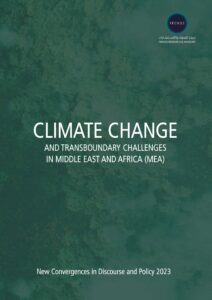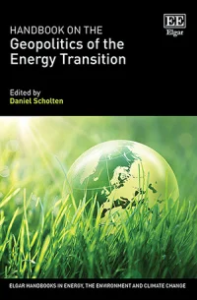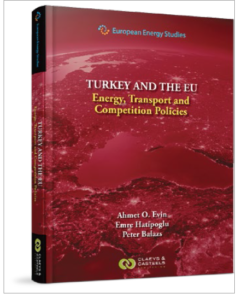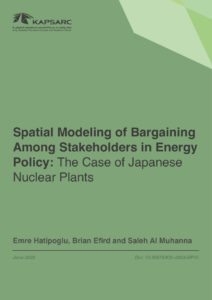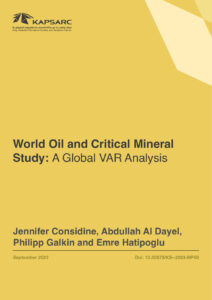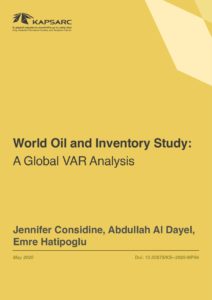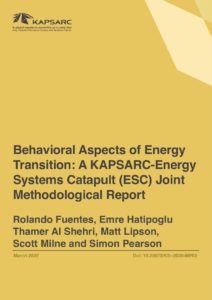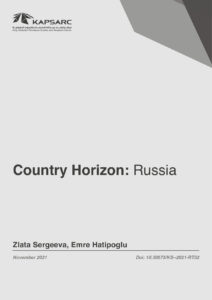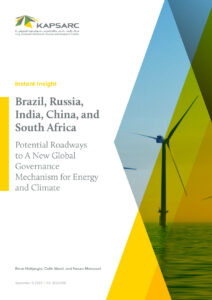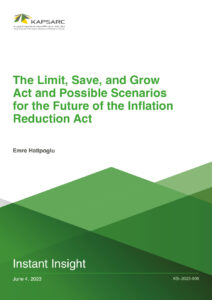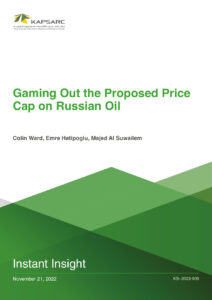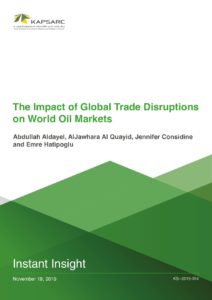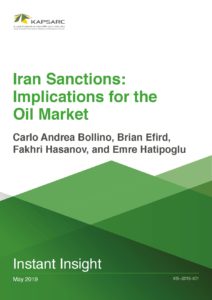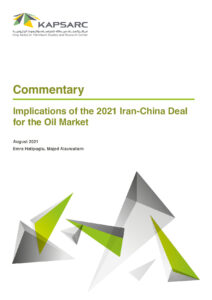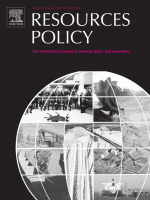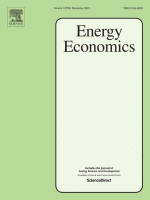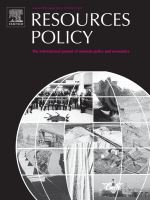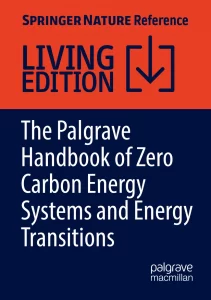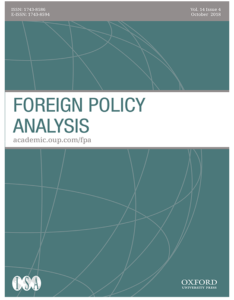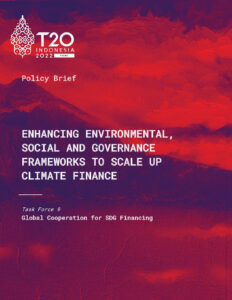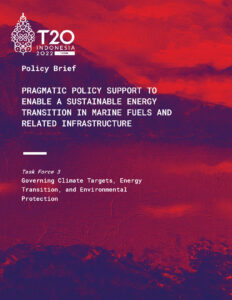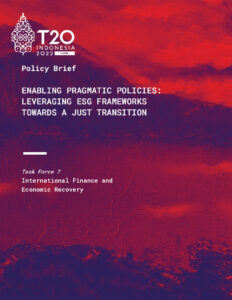Emre Hatipoglu is a fellow in the Oil and Gas program and leads the research project Energy Markets and Geopolitics. In this project, Dr. Hatipoglu and his colleagues assess how political events (e.g., international conflict, economic sanctions, international treaties) and global energy markets interact.
Prior to KAPSARC, Dr. Hatipoglu was associate professor at the Faculty of Arts and Social Sciences at Sabanci University in Istanbul and a a visiting Fulbrighter during the 2017-2018 academic year at Columbia University. He also served on the advisory board of Sakip Sabanci Center for Turkish Studies at Columbia University between 2016-2018. Dr. Hatipoglu’s work has been published in various scientific journals, such as the Journal of Politics, Energy Research and Social Science, Energy Reports, Foreign Policy Analysis, the Journal of Commodity Markets, and Defence and Peace Economics, among others. He is the editor-in-chief of the journal Energy Transitions, and serves on the editorial board of the International Studies Review.

